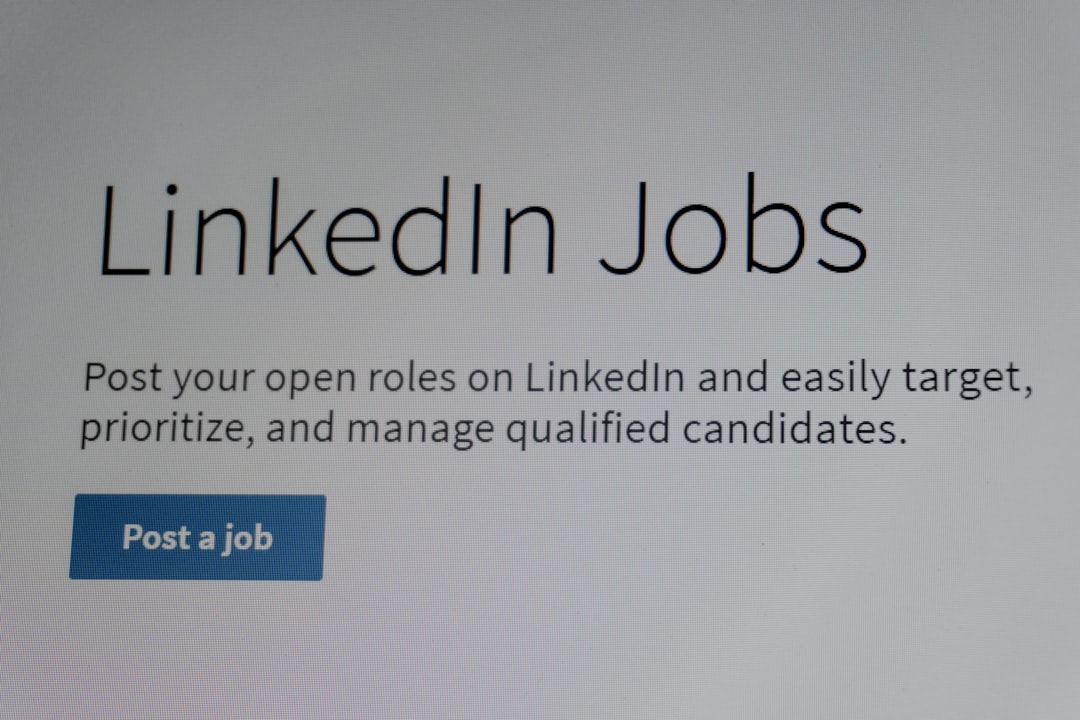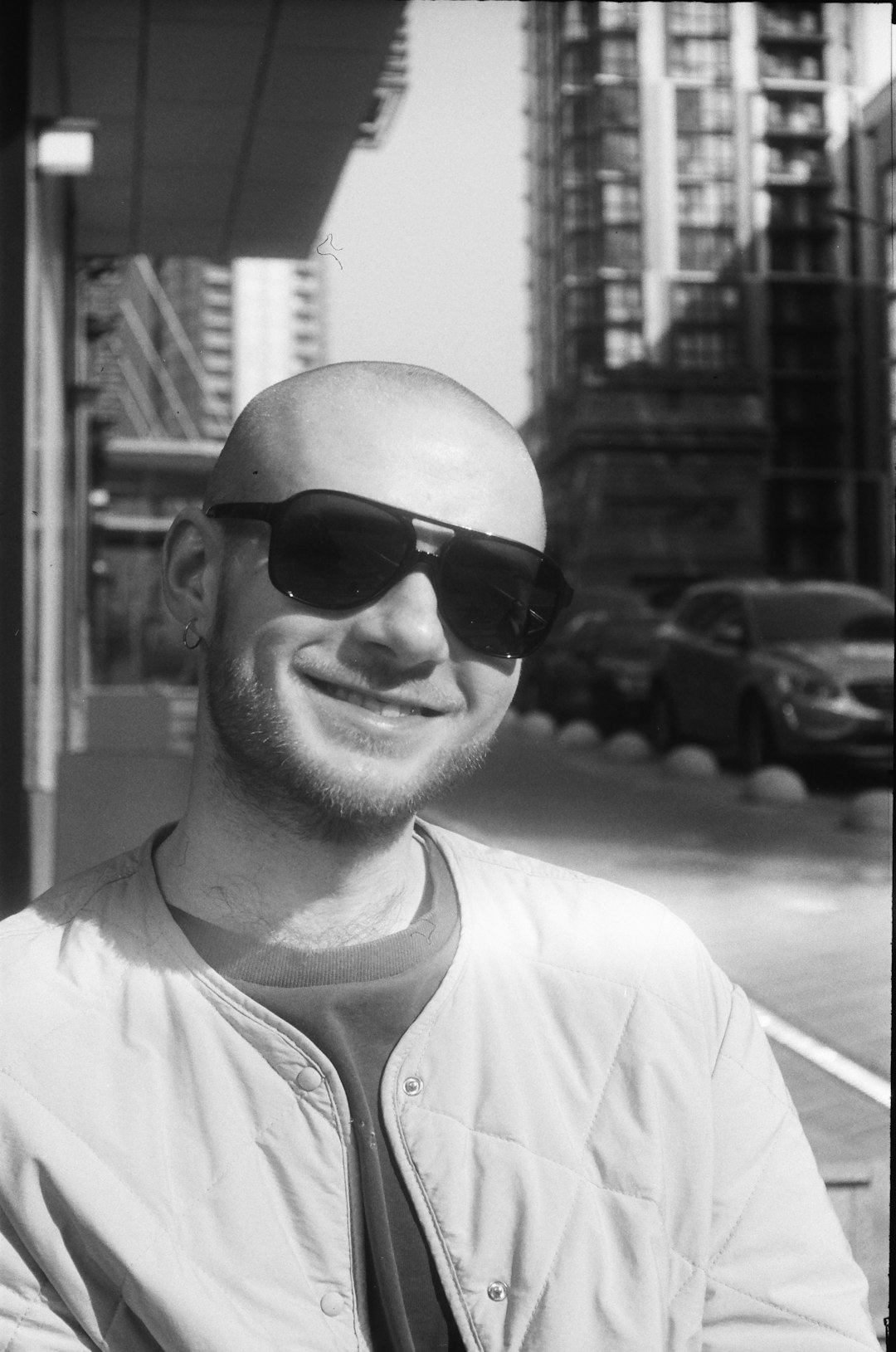So, you’re a software engineer. You’ve got skills, you’ve built apps, maybe even a video game or a web scraper that tracks pizza prices. Now it’s time to job hunt. The big question is: Should you use a CV or a resume?
Let’s find out!
What’s the difference anyway?
People often use “CV” and “resume” as if they’re the same thing. But they’re actually quite different.
- Resume: A short and snappy 1–2 page summary of your skills and work experience. Tailored for each job.
- CV (Curriculum Vitae): A long, detailed document. Includes everything — education, work history, personal projects, certifications, publications, open-source contributions. It can be several pages long.
Think of a resume like a movie trailer. Fast, punchy, and meant to grab attention. A CV, on the other hand, is like the extended director’s cut — no scene left behind!

Which one is better for a software engineer?
It depends. Here’s a breakdown:
Use a resume when…
- You’re applying to jobs in the U.S. or Canada.
- You want to quickly show off relevant skills and experiences.
- You’re applying through a recruiter or a job board (they prefer fast reading).
- You don’t have a ton of publications or academic research.
Use a CV when…
- You’re applying to a job outside of North America (places like Europe often prefer CVs).
- You’re applying for roles in research or academia.
- You have multiple degrees, courses, and published work to show off.
- You want to apply for a teaching or Ph.D. position in computer science.
Which one do recruiters love?
Honestly? Resumes.
Why? Because recruiters are busy people. They scan a resume in just 6 to 7 seconds on average. Yep, that’s barely enough time to blink twice.
If your resume is clear, focused, and highlights the right keywords, you’ll likely get that callback. On the other hand, a long CV might scare them off unless they’re specifically looking for academics or senior researchers.

What should you put on your resume?
For most software engineering jobs, your resume should include:
- Summary: A short intro about you (only 2–3 lines).
- Skills: List your programming languages & tools.
- Work Experience: Jobs you’ve had. Focus on what you achieved.
- Projects: Anything you’ve built yourself or with others.
- Education: Your degrees or any tech bootcamps.
Don’t forget to use numbers. Like:
“Improved app speed by 30% using React optimizations.”
Do you ever need both?
Sometimes, yes.
It’s smart to have a full CV saved on your computer and a short resume version for job hunting. That way, for research jobs, you’ve got your full story handy. For industry jobs, you can slice it down to just what matters most.
Final thoughts (and a light sprinkle of advice)
Resumes are better for most software engineers. They’re fast, focused, and easy to read. But if you’re more into academic or international roles, a CV can go a long way.
Pro tip: Keep your resume updated every few months. Add new projects, certifications, and skills before you forget.

One Last Thing: Whether you’re using a CV or a resume, make it honest. Make it clean. And make it yours. You’ve worked hard on your journey. Let your paper reflect it — just don’t let it take longer to read than your actual job interview.
Good luck, code wizard!



